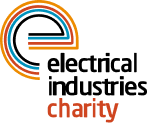News
Understanding Dry January
Dry January is an annual movement through which millions of people give up alcohol for January. This initiative is not only about abstaining from alcohol but also about raising awareness of the impact of alcohol on health, wellbeing and societal issues.
So, why do it?
- Health Improvements
- Better Sleep: Alcohol can disrupt sleep patterns and affect REM sleep, which is crucial for cognitive functions and memory. By abstaining from alcohol, many individuals experience improved sleep quality and wake up feeling more rested.
- Improved Digestion: Alcohol can be harsh on the digestive system, leading to issues like acid reflux and stomach discomfort. A break from alcohol can give your digestive system time to recover, leading to improved gut health.
- Higher Energy Levels: Alcohol can deplete your body’s energy reserves. When you stop drinking, you may notice a significant boost in your energy levels. This increase in energy can also lead to higher productivity and better mood.
- Physical Health Benefits: Abstaining from alcohol can also lead to improved liver function, lower blood pressure, and a decrease in the risk of alcohol-related diseases.
- Mental Health Benefits
- Reduced Anxiety and Depression Symptoms: Alcohol is a depressant, which means it can exacerbate symptoms of anxiety and depression. Many people who participate in Dry January report improvements in their mental health.
- Improved Mood and Clarity: Without the depressive effects of alcohol, participants often experience a clearer mind and a more stable mood. This can lead to better decision-making and a more positive outlook on life.
- Increased Emotional Stability: Abstinence from alcohol can lead to more stable emotions, reducing mood swings and irritability often associated with drinking.
- Financial Savings
- Direct Savings: The most obvious financial benefit is the money saved from not purchasing alcoholic beverages. This can be significant, especially for those who frequently dine out or buy expensive drinks.
- Indirect Savings: There are also indirect savings, like reduced expenses on late-night taxis, eating out, and potential health care costs due to alcohol-related issues.
- Increased Awareness
- Understanding Personal Consumption Patterns: Dry January can be an eye-opener regarding how much and why you drink. It offers a chance to reflect on drinking habits and their triggers.
- Long-Term Moderation: Many people find that after completing Dry January, they drink less throughout the year. This self-awareness can lead to healthier drinking habits long-term.
- Educational Aspect: The month often includes a lot of educational content about the effects of alcohol, helping participants make more informed choices about their drinking habits in the future.
Fundraising Ideas for Dry January
Sponsorship Challenges
Encourage participants to seek sponsorships for each day they abstain from alcohol. Friends, family, and colleagues can pledge a certain amount for each alcohol-free day.
Compete in a workplace Dryathlon
Create a Dryathlon challenge where participants combine staying dry with a physical challenge like running, cycling or walking a certain distance over the month.
Hold a Mocktail Competition
Bring the workplace together and organise a mocktail-making competition. Work colleagues can get together and shake, stir and mix their best mocktails and share their creations. Then, get people to vote with their donations on whose is best.
Dry January is more than a month-long challenge; it’s an opportunity for personal growth, health improvement and community engagement. By participating in Dry January and incorporating these fundraising ideas, the Electrical Industries Charity can not only raise awareness about the impact of alcohol but also generate vital funds to support its initiatives. Let’s embrace this opportunity to make a positive change in our lives and our community.
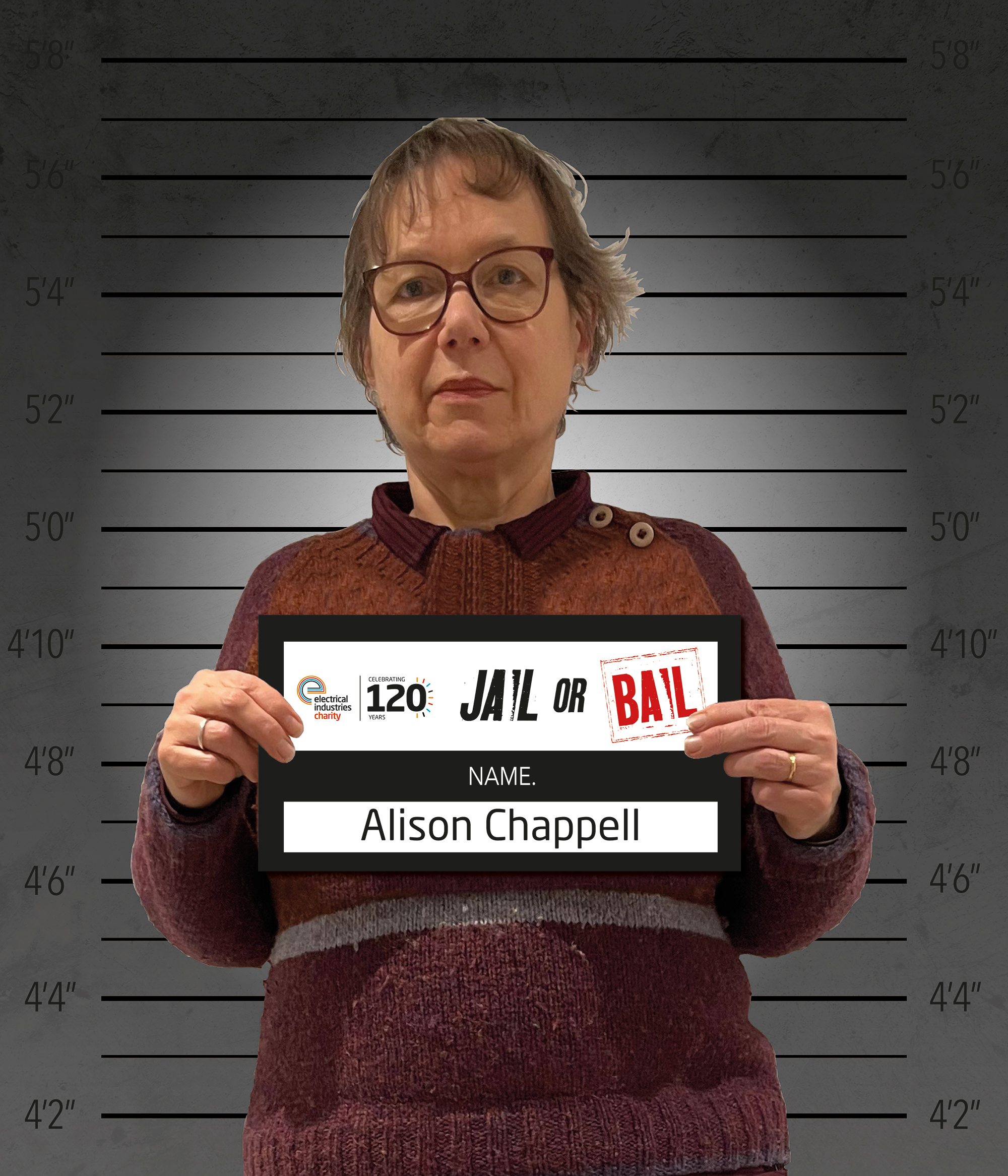
Alison Chapell
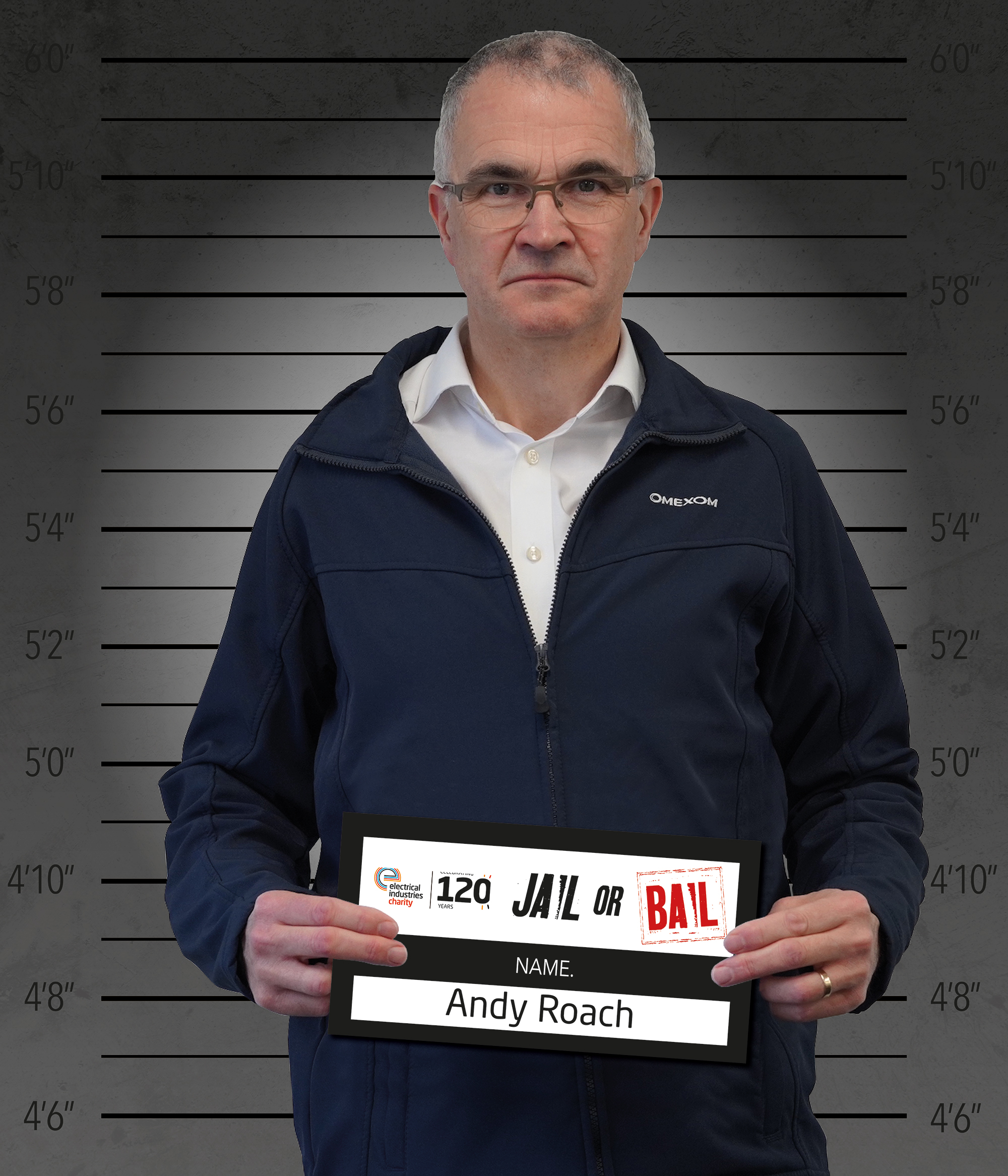
Andy Roach
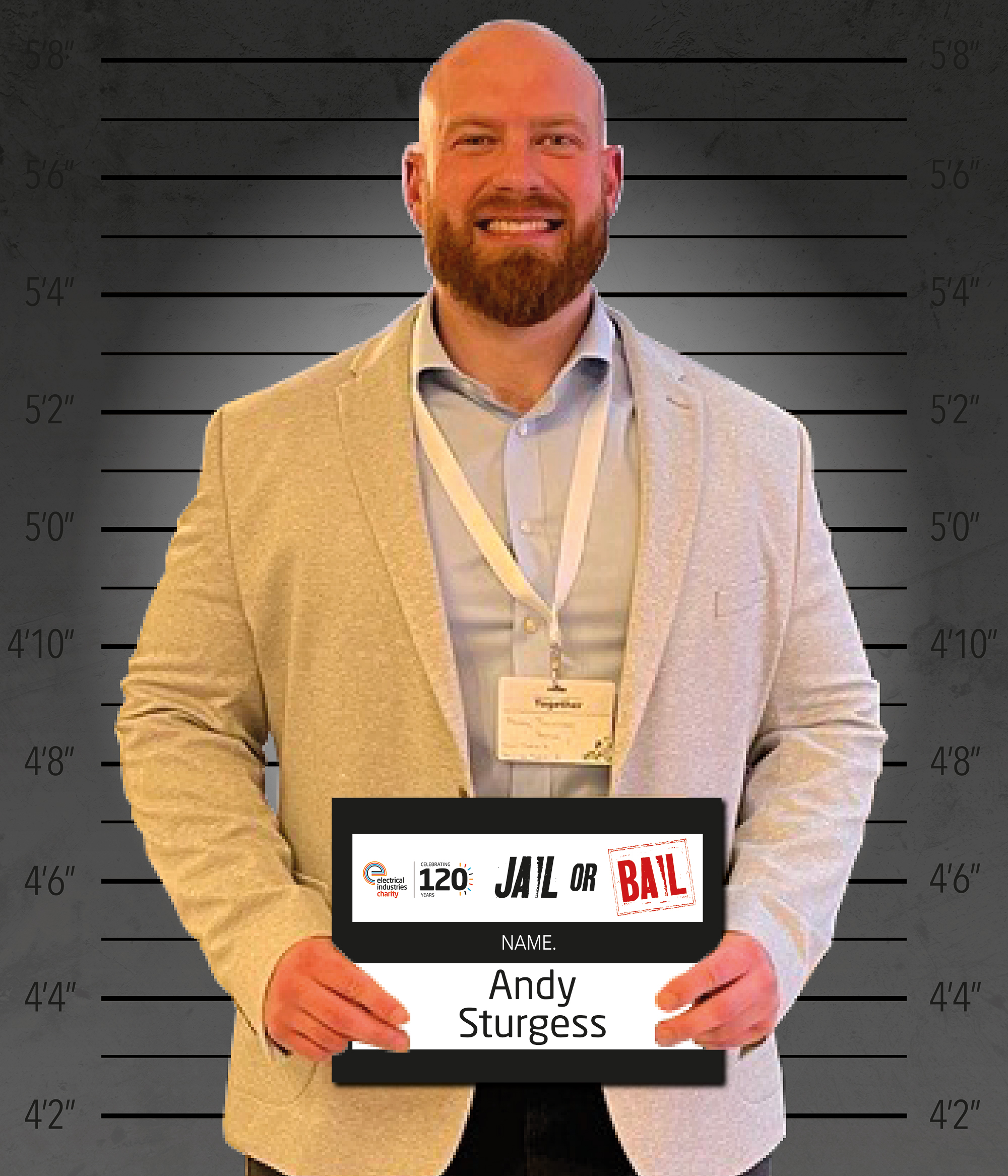
Andy Surgess
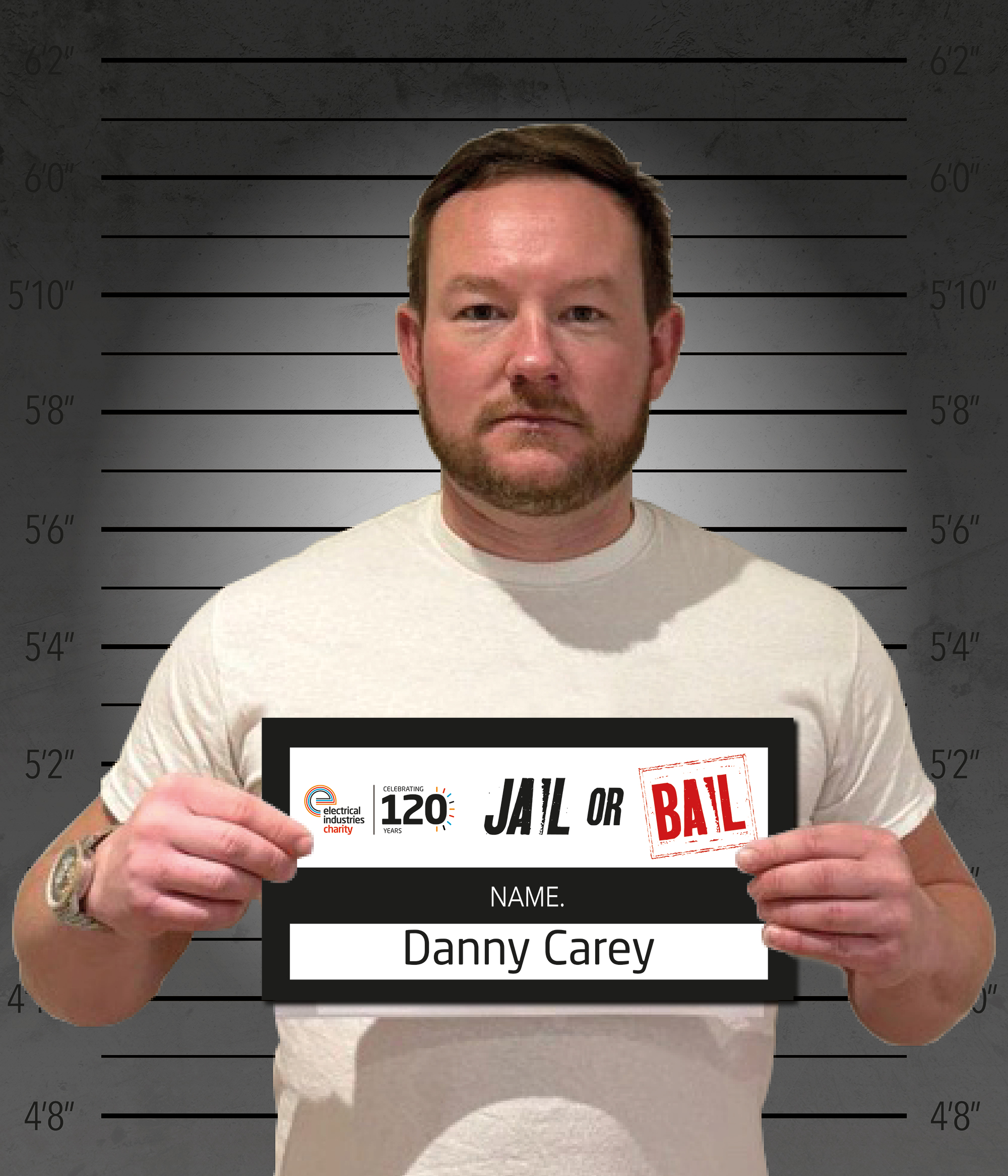
Danny Carey
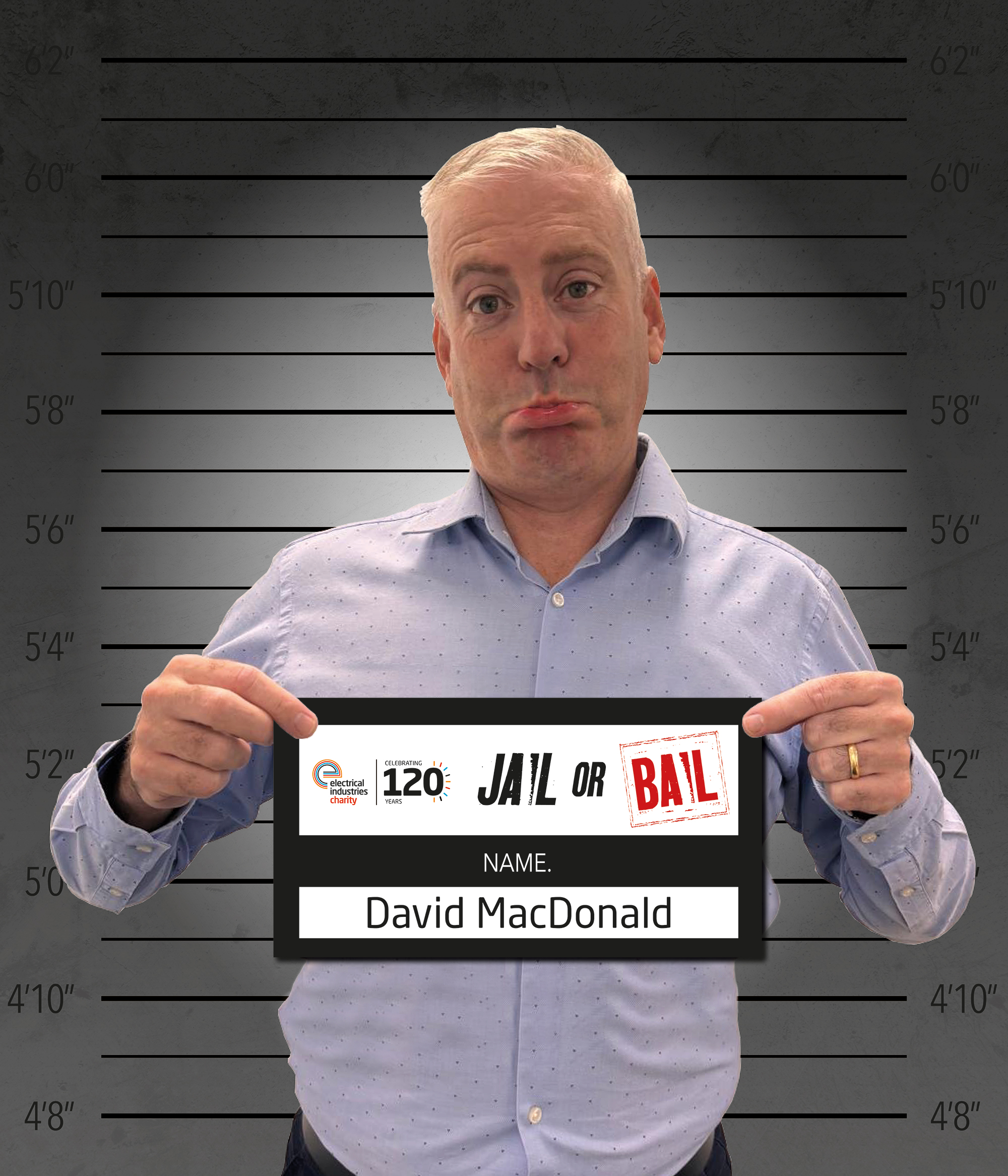
David MacDonald
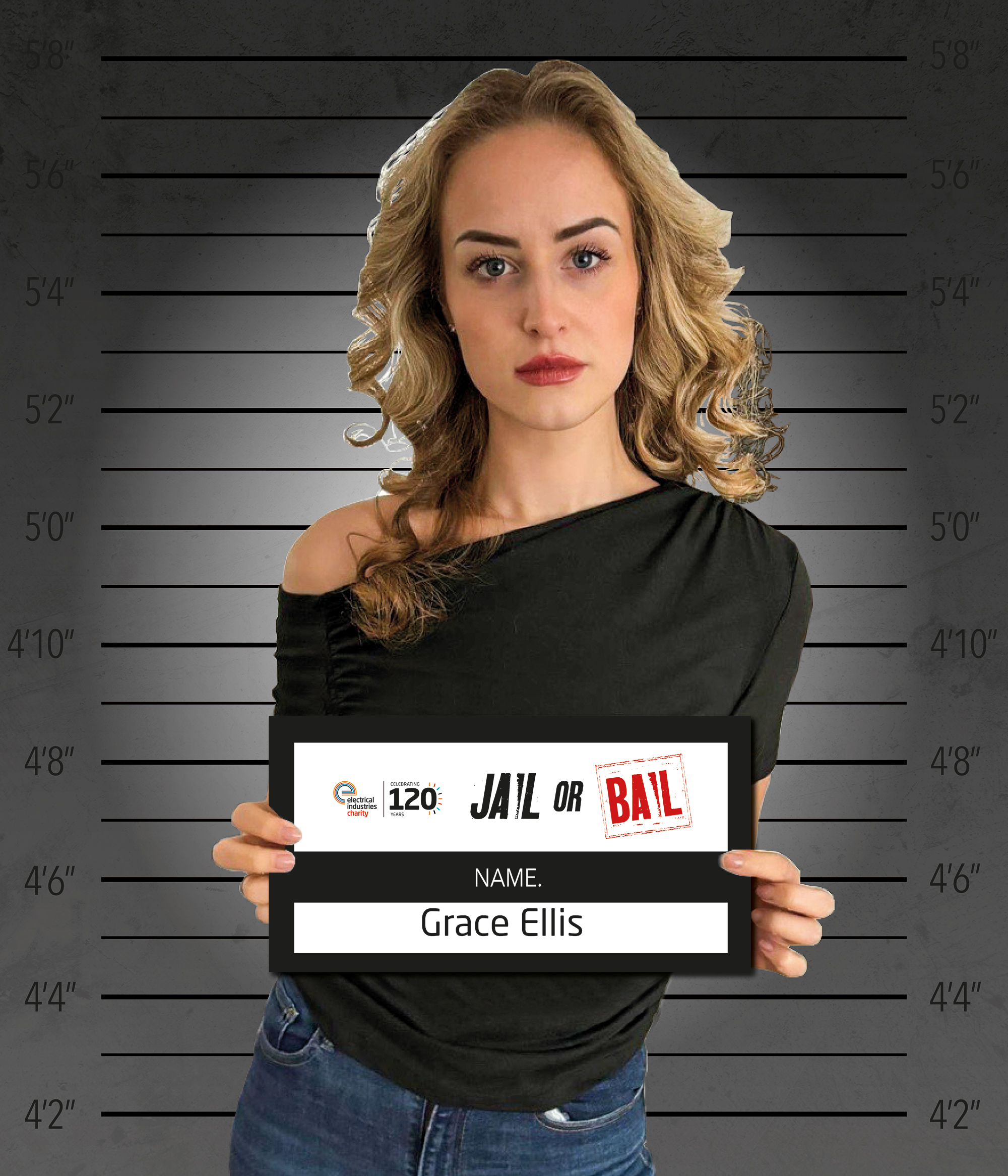
Grace Ellis (EIC)

Jeremy Saunders

Jess Vailima (EIC)
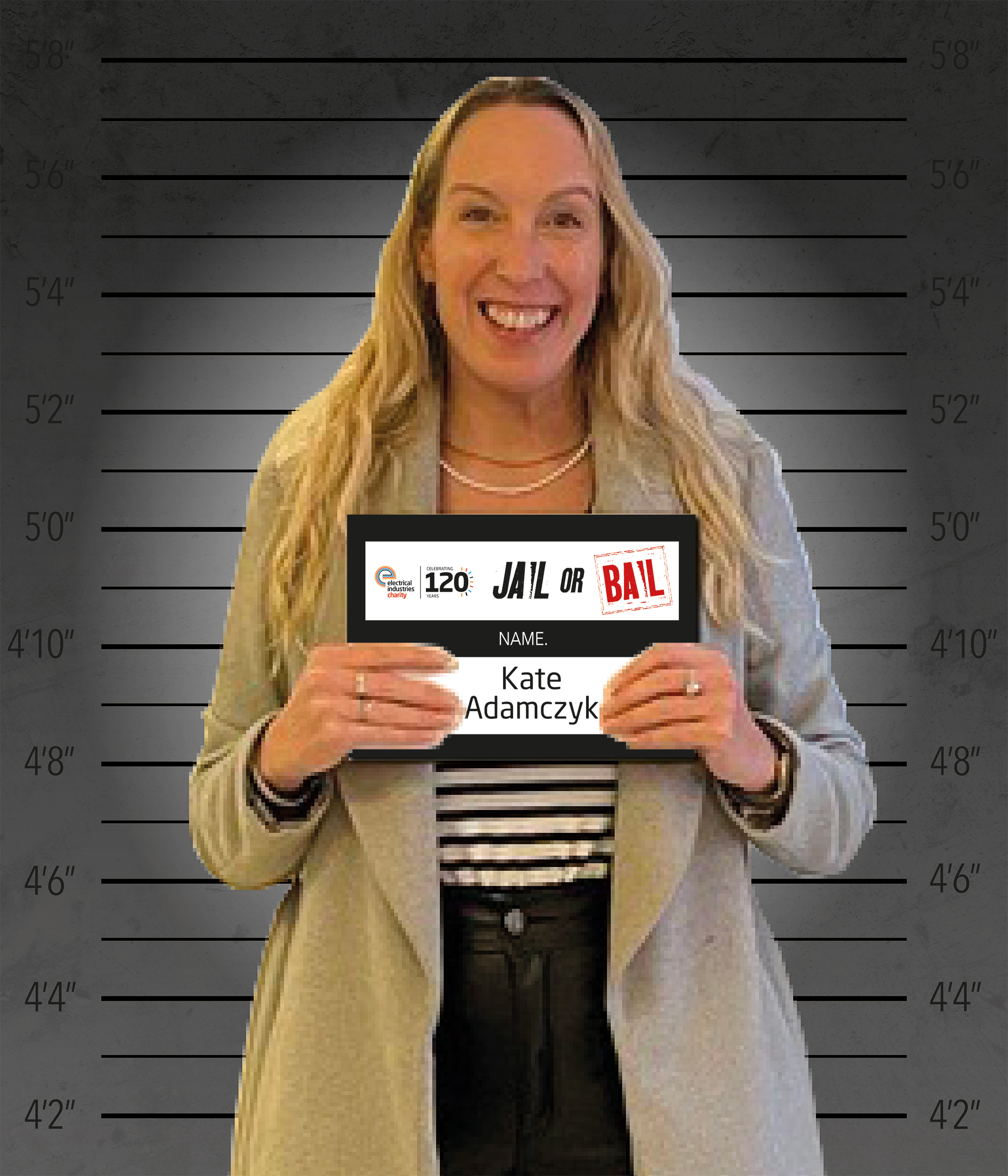
Kate Adamczyk (EIC)
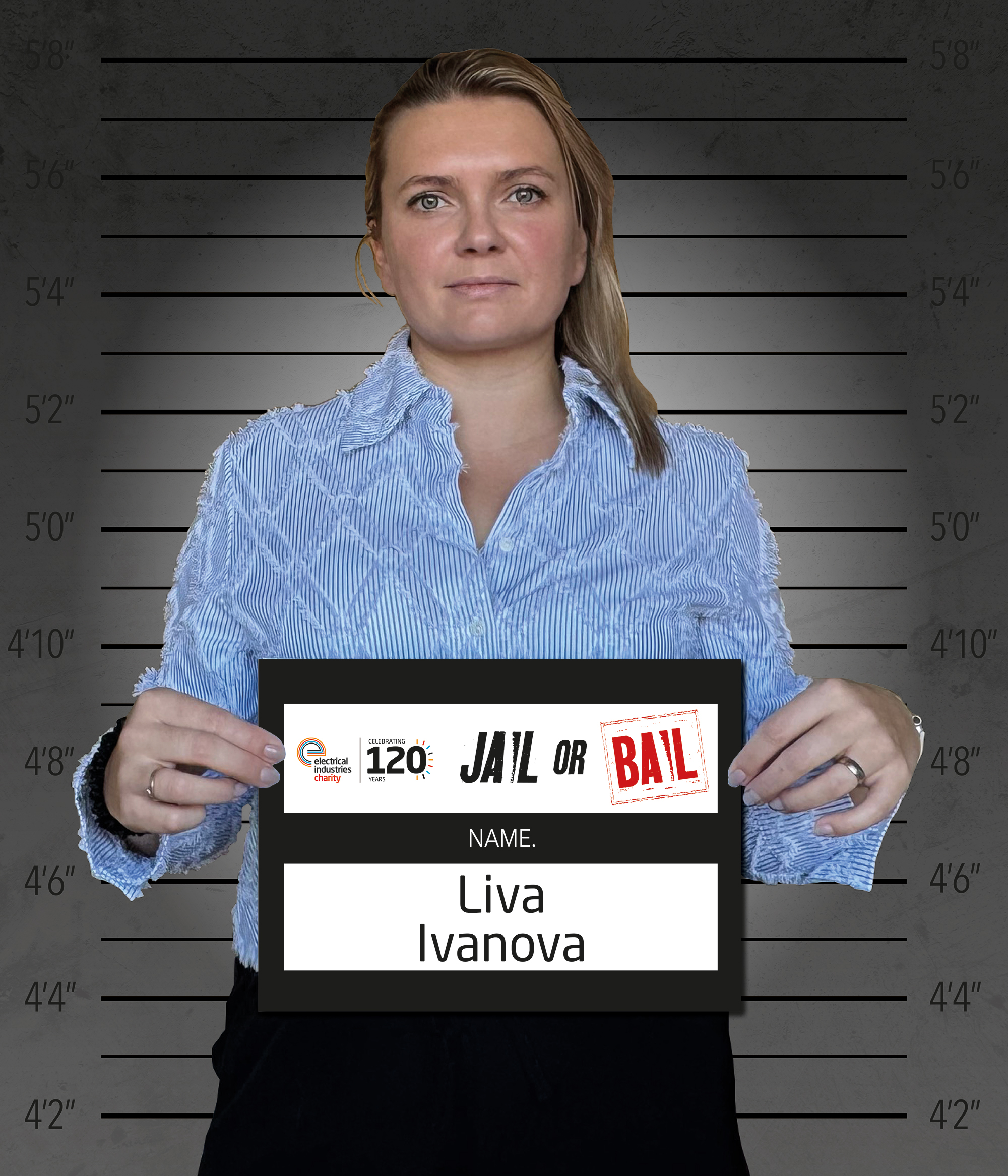
Liva Ivanova (EIC)

Samantha McFall
How You Can Help
Whether you donate to your favourite “inmate,” share the campaign on social media, or simply spread the word, your support will help the EIC reach its fundraising target and continue its essential work.
Mark your calendar for 23 January 2025, and get ready to be part of this fun and impactful event!
